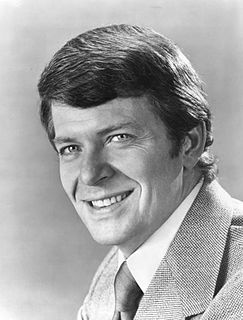A Quote by Jesmyn Ward
'As I Lay Dying,' I reread that often. That's the first work of Faulkner's that I read that so amazed me and that I responded to emotionally and viscerally. I admired it so much, and I think that's why I keep rereading it.
Related Quotes
Faulkner's 'As I Lay Dying' had an immense effect on me, and most of my novels bear the burn marks of this experience, those short chapters with their conflicting points of view, truth expressed by multiple perspectives. The other attractive thing about 'As I Lay Dying' was the way it gave rich voices to the poor.
One of the scandalous things I did was as I read them afterward I would burn them. I loved them, but for practical reasons I had to lighten the load. I burned favorites, like William Faulkner's "As I Lay Dying." There's a whole list in the back of my book. It's me,[Adolf] Hitler, [Benito] Mussolini, and Pol Pot. We're the book burners.
Do not put statements in the negative form. And don't start sentences with a conjunction. If you reread your work, you will find on rereading that a great deal of repetition can be avoided by rereading and editing. Never use a long word when a diminutive one will do. Unqualified superlatives are the worst of all. De-accession euphemisms. If any word is improper at the end of a sentence, a linking verb is. Avoid trendy locutions that sound flaky. Last, but not least, avoid cliches like the plague.
I would love to meet J.K. Rowling and tell her how much I admire her writing and am amazed by her imagination. I read every 'Harry Potter' book as it came out and looked forward to each new one. I am rereading them now with my kids and enjoying them every bit as much. She made me look at jelly beans in a whole new way.
A favorite science fiction writer of mine is William Faulkner! It was an idea that came to me once, years ago, and I've never quite been able to shake it. This is facetious, on one level at least. There are telepaths in As I Lay Dying. But I think the most compelling thing for me is there are moments with him where I just feel these are not humans talking to each other. These are some hyper-intelligent, yet-to-be-born organisms. The way they look at the past without having any loss of knowledge ? everything that ever happened is still here.
I think my biggest problem as a creative person trying to work within a business for profit was that it was very important to me that people liked me. Over the years, observing other showrunners who made work that I so admired, I realized that that had to go. This couldn't be my first priority. My first priority had to be the work.
Usually when I put together a book like this Death-Ray hardcover or that Ghost World special edition, then I have to reread it and see if there is anything I want to change or any re-coloring I want to do. That's when I'm faced with the actual work. When I'm working, I'm too close to it. I'm sort of inside, and I can't see it at all. So when I have that experience of rereading it years later, it's jarring.






































